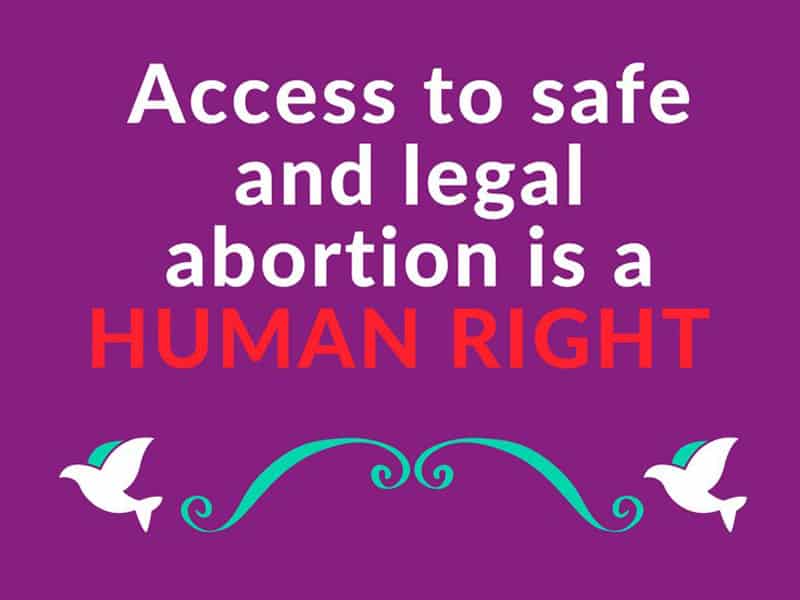
How abortion laws impact women and girls in Kenya
By Mical Imbukwa
Just like many other places, Kenya faces tough challenges when it comes to dealing with the sensitive topic of pregnancy termination.
The laws around abortion in Kenya have a big effect on the lives of women and girls, influencing their choices about having children, their ability to get healthcare, and their overall well-being.
In Kenya, the laws about abortion is not permitted and only allowed in restricted circumstances.
The law play a major role in shaping the experiences of women and girls dealing with unplanned pregnancies in Kenya.
1. Impact on women’s health
The strict abortion laws in Kenya can seriously affect women’s health. Because access to safe and legal abortion services is limited, some women might resort to unsafe procedures done in secret, putting their lives at risk.
The World Health Organization says that these unsafe abortions contribute a lot to maternal mortality. This underscores how crucial it is for women to have access to safe and legal abortion services for their well-being.
2. Socio-economic consequences
The impact of these strict laws goes beyond health and reaches into the social and economic aspects of life.
Unplanned pregnancies can disrupt the education and career plans of young girls and women, making it hard for them to achieve financial independence. Taking care of a child can also increase poverty, creating a cycle of economic vulnerability.
3. Stigma and social consequences
The stigma around abortion can lead to social isolation and discrimination, affecting women and girls emotionally and mentally.
The fear of judgment might stop people from seeking the medical care they need, making health risks worse and continuing a culture of silence around reproductive health issues.
4. Access to reproductive health services
Limited access to reproductive health services, like contraception, makes unintended pregnancies more common.
Not having enough resources for family planning can limit women’s ability to make informed choices about their reproductive health, making unintended pregnancies more likely and stressing the importance of better sexual education and accessible family planning services.
Legal reforms and advocacy efforts
Even though there are challenges, there are ongoing efforts to change the abortion laws in Kenya.
Advocacy groups and women’s organizations are working hard to make people aware of the impact of these strict laws and to support a more comprehensive approach to reproductive health. Their goal is to shift the conversation away from making abortion a crime to making sure women have safe and legal services.
As the global conversation around reproductive rights evolves, it’s crucial for Kenya to think about making comprehensive changes that put women’s health, freedom, and access to safe reproductive health services first.
Changing the laws, along with spreading knowledge and awareness, can help create an environment where women and girls can make informed choices about their reproductive health without being afraid of judgment or legal consequences.
Don’t stay silent! Speak up for change in these strict abortion laws. Support organizations that provide sexual and reproductive health services, and let your friends and family know about this important issue. Together, we can make a difference.
